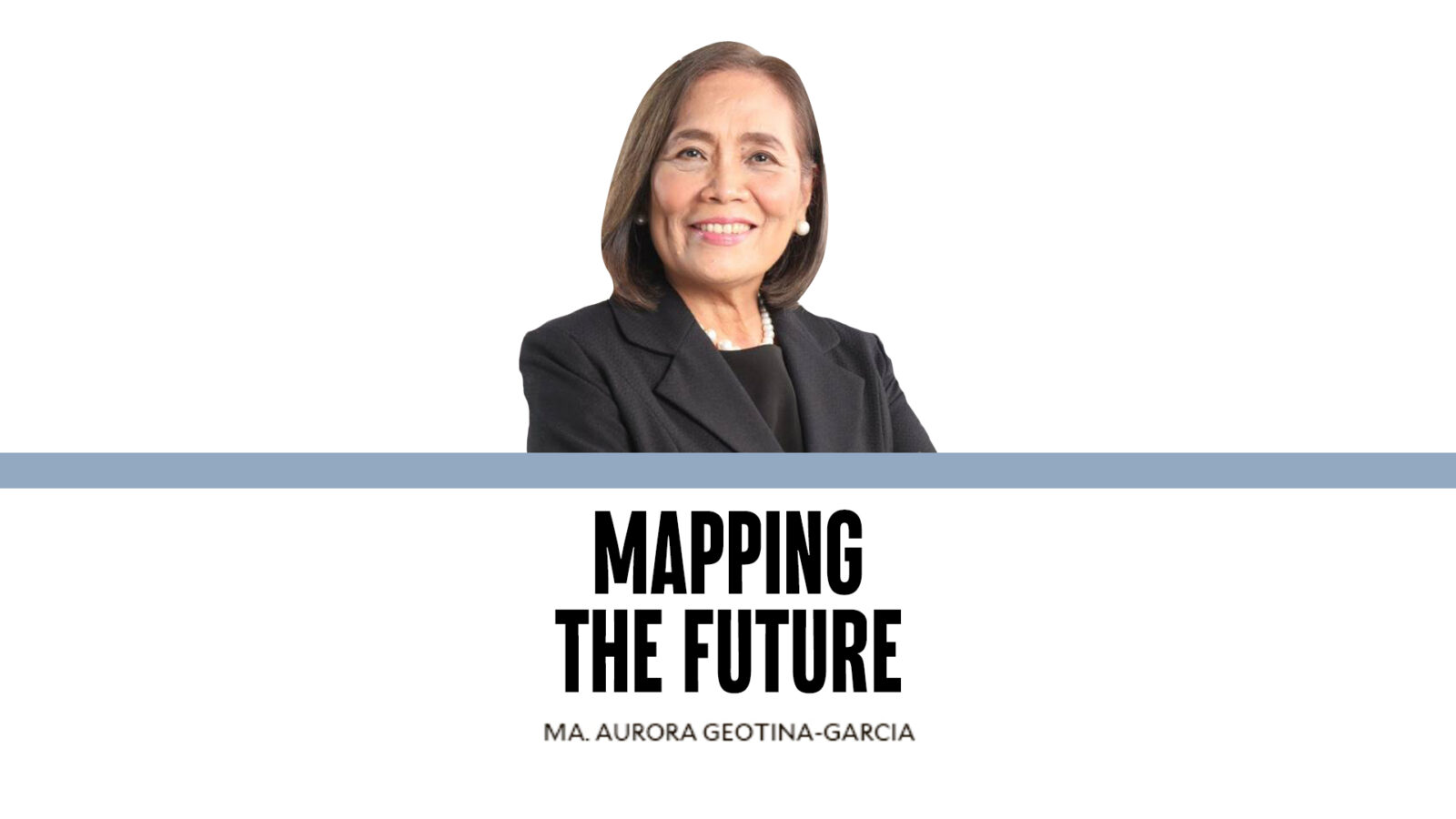Women supporting women: The power of mentorship and networking

As we celebrate Women’s Month, it is timely to reflect on the role of mentorship and networking in empowering women and advancing their economic potential.
Mentorship is often viewed simply as a tool for sharing advice and wisdom. But when done right, it can be a transformative experience that empowers women to take action, break barriers and achieve long-term success. This is the philosophy that guides the work of the Philippine Women’s Economic Network (PhilWEN), a coalition of five women’s business organizations that share the belief that mentorship is not just about guidance—it’s about creating spaces for collaboration, inclusivity and shared growth.
Further, through the collective efforts of its member organizations, the coalition can build networks that not only cultivate personal development but also contribute to societal change.
Breaking barriers through mentorship
Mentorship, when approached inclusively, can help women overcome the unique barriers they face in their personal and professional lives. From PhilWEN’s point of view, mentorship can be the bridge that connects women across diverse backgrounds and sectors—whether they are entrepreneurs in micro, small and medium-sized enterprises (MSMEs), CEOs, board directors and professionals associated with large corporations, or women from marginalized communities. These mentoring relationships provide women with the resources and opportunities they need to grow, succeed and lead, regardless of their socio-economic status or geographic location. Studies have shown that women with mentors are more likely to receive promotions, increase their income, and gain a sense of empowerment that drives sustainable success.
Intersecting mentorship with networking
The strength of mentorship lies not only in one-on-one guidance between the mentor and the mentee but also in the power of networking and collaboration. By connecting women from different industries, professions and backgrounds, mentorship can create a dynamic, diverse and resilient network that encourages cross-sectoral innovation and shared success. A report by McKinsey & Company in 2020 highlights that diverse teams outperform their less-diverse counterparts in decision-making and innovation. Through inclusivity, women can tap into a rich pool of knowledge and experience, which can lead to new business opportunities, collaborations and solutions that might not have been possible in isolated environments .
PhilWEN’s commitment to inclusivity ensures that every woman in our network, regardless of her background, has access to the tools and support she needs to thrive. Women in rural areas, marginalized communities, or those facing significant hardships, such as poverty and violence (referred to as ‘Women in Especially Difficult Situations’ or WEDS), often lack access to mentorship and opportunities. Yet, by integrating them into broader networks, mentorship creates pathways to leadership and self-sufficiency. According to Sweden’s 2009 report on women’s economic empowerment, supporting women’s participation in networks should be seen as a fundamental element in all efforts aimed at empowering women. PhilWEN’s focus on supporting these women is part of a broader global effort to ensure that women facing adversity are not excluded from economic opportunities.
Mentorship and policy reform
While mentorship is powerful in advancing individual growth, it is even more effective when combined with advocacy for systemic change. At PhilWEN, we recognize that women’s economic empowerment doesn’t just rely on personal support and guidance—it requires policy reforms that address the structural challenges women face in the economy. An IMF (International Monetary Fund) study on women in the labor force in 2020 found that policy interventions that specifically target the economic inclusion of women can lead to more equitable growth. As such, PhilWEN actively engages in advocacy, working to shape policies that create an environment where women’s voices are heard and their economic needs are prioritized.
This holistic approach of mentorship, combined with advocacy, ensures that women are not only equipped to succeed in their careers and businesses, but are also supported by policies that promote equal access to resources and opportunities.
The interconnectedness of mentorship and policy change is particularly vital for women in difficult situations. Mentorship can provide the tools and guidance necessary to break the cycle of poverty, while policy changes can ensure that women have access to legal, financial and social support. In this way, PhilWEN’s work contributes to both personal and systemic transformation. The inclusive nature of the coalition ensures that no woman is left behind, whether they are from rural areas, marginalized communities, or facing significant challenges in their lives.
Why do they matter?
As we look at the global landscape, the importance of mentorship and networking for women cannot be overstated. According to the 2024 Global Gender Gap report, women’s economic participation continues to lag behind men’s, with a significant gender gap in entrepreneurship, leadership roles and employment. The World Economic Forum stresses that closing these gaps requires targeted efforts, including mentorship programs that address the unique challenges faced by women in the workforce.
This is why PhilWEN’s work is so crucial—not only do we provide mentorship and networking opportunities, but we also work to ensure that women’s contributions are recognized and supported at the policy level.
The power of mentorship and networking lies in its ability to create real, tangible opportunities for women while cultivating a culture of collaboration and inclusivity. Through networks and mentorship, women from all walks of life can connect, learn and grow together.
By ensuring that every woman has access to the resources, guidance and support she needs, we can break down barriers, build resilient networks and create an economy where women can thrive.
The work of mentorship and networking is not just about offering advice—it is about making a collective commitment to creating a future where all women, regardless of their background or circumstances, have the opportunity to succeed.


















